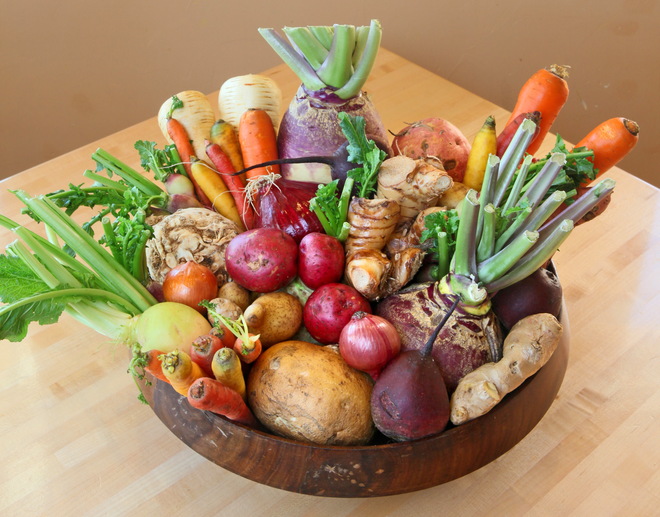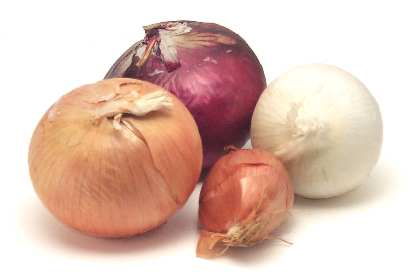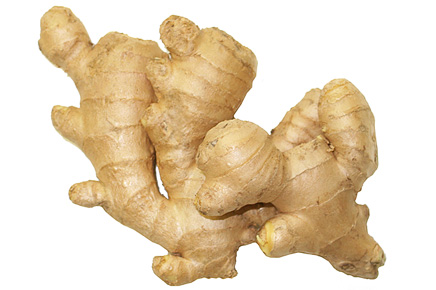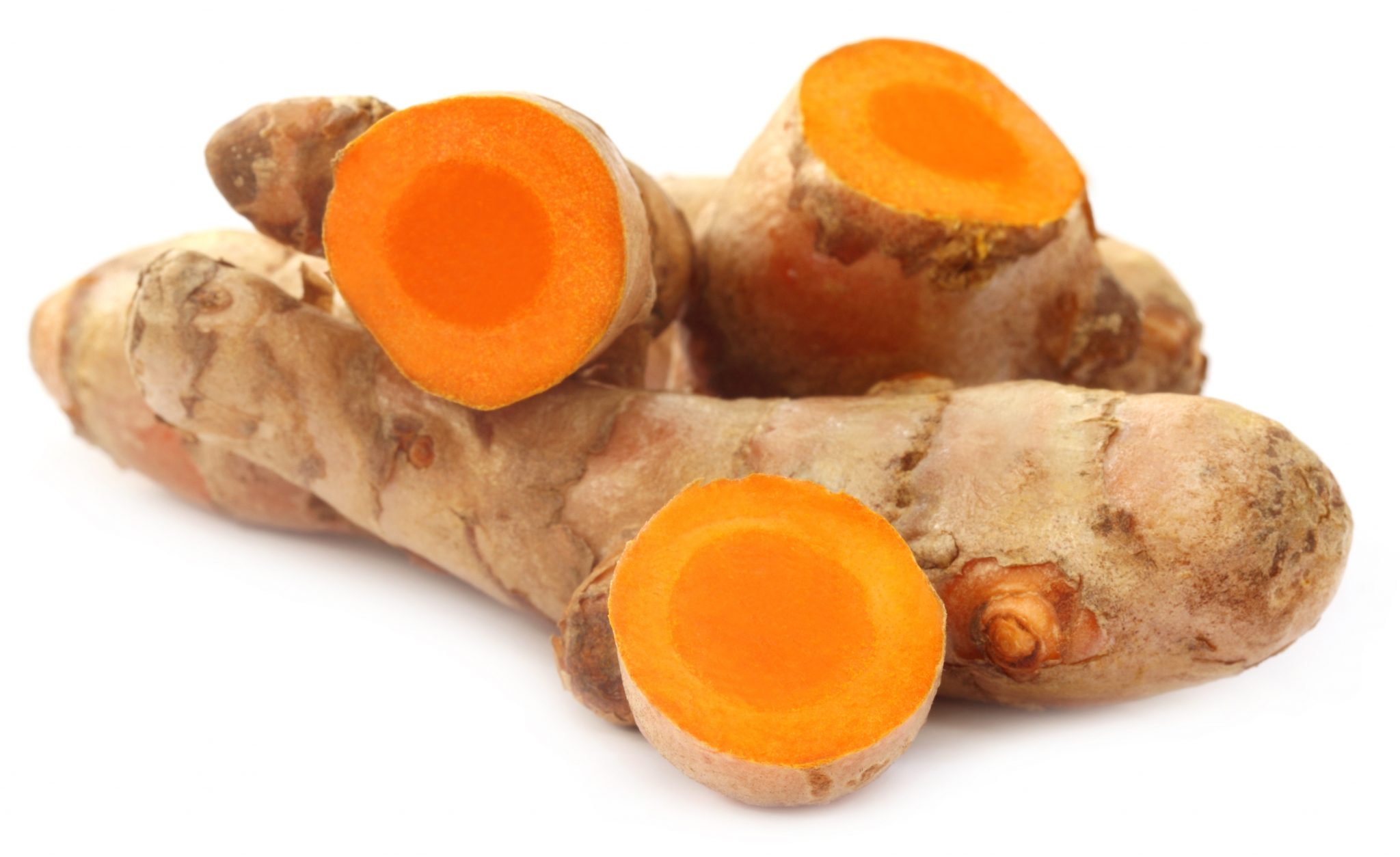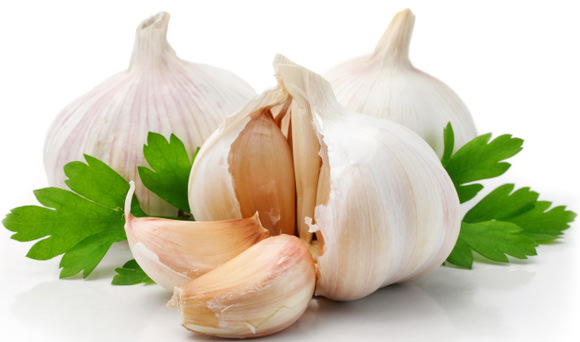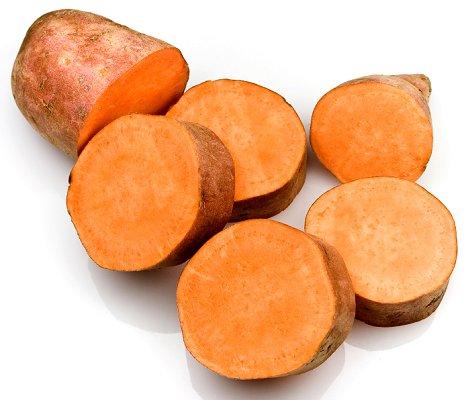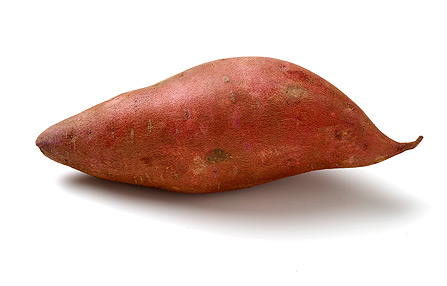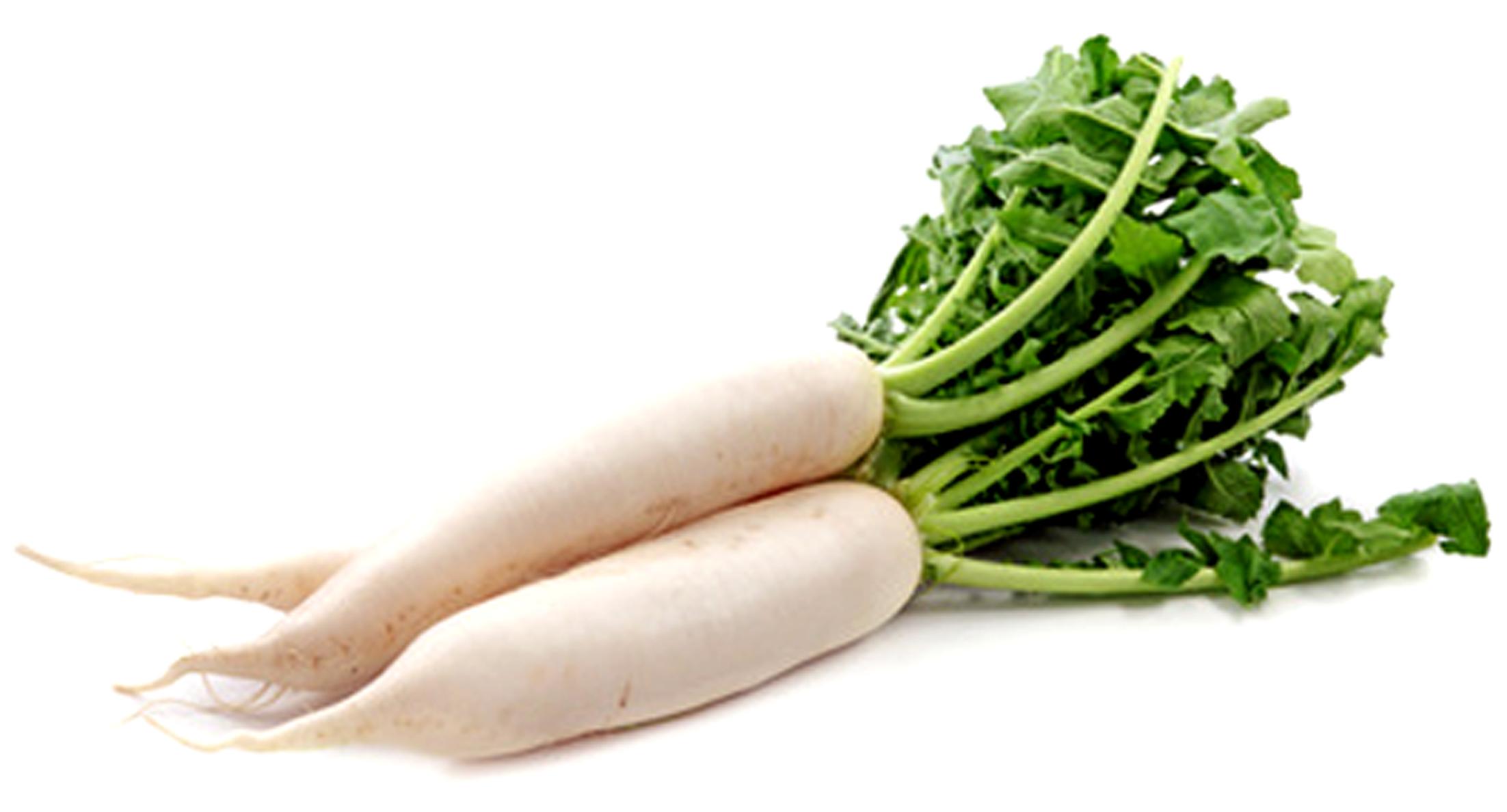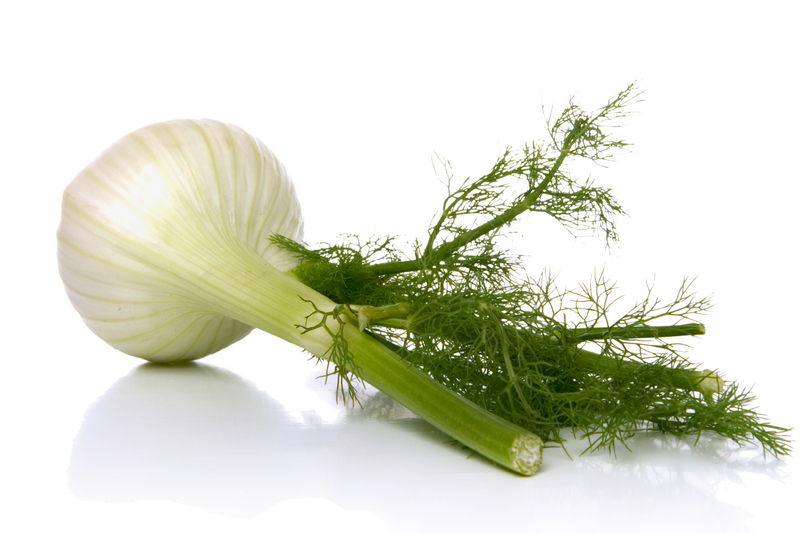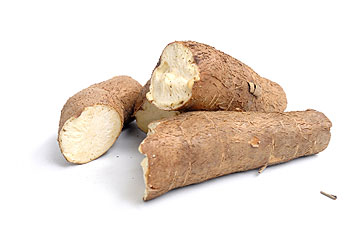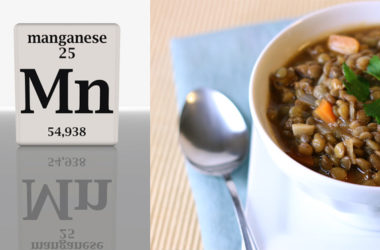Plants need sunlight for survival. They also need soil which is packed with all sorts of nutrients like potassium, phosphorus, nitrogen, magnesium, sulfur and calcium. It’s no wonder why root vegetables are some of the most wholesome foods on the planet. Grown beneath ground level, many of them should be placed on the top of your shopping list the next time you hit the grocery store or farmers’ market! Continue reading to know some of the healthiest root vegetables that everyone should include in the diet.
Onions
Boasting of superb antimicrobial properties, including onions in your daily diet helps strengthen the immune system and reduce your risk of suffering from cough, colds and other infections. Onions are also known to help ward off oral and esophageal cancer. They are also good for strengthening the bones and preventing osteoporosis.
Ginger
Whether added to dishes or turned into tea, ginger offers so many health benefits. For centuries now, it’s used to help with various digestive tract disorders such as indigestion, nausea, acid reflux, and abdominal bloating and cramping. It also has anti-inflammatory properties, and that is why traditional healers have been using it for arthritis and heart problems.
Turmeric
Used in so many popular Indian dishes, turmeric is related to ginger. Turmeric is revered for its ability to deal with inflammation, a condition linked to a variety of health problems such as heart disease, cancer, obesity, arthritis, type 2 diabetes and osteoporosis. You can easily buy turmeric in powdered form at the supermarket and health food stores.
Garlic
No one can mistake the aroma of garlic for anything else on the planet. Packed with sulfur, garlic is revered for its ability to kill off bacteria, viruses and fungi. Garlic is known to be very good for the cardiovascular system and metabolism, and it also helps prevent certain types of cancer. Aside from adding it to dishes, consuming 2 to 3 raw cloves daily may be done too.
Carrots
Everyone knows that carrots help make your eyes healthier and your vision sharper. The orange coloration of carrots is caused by beta carotene, a plant pigment that is converted into vitamin A by the body. Certain studies have concluded that the regular consumption of these crunchy orange root vegetables is beneficial for the lungs.
Yams
Available in all sorts of varieties and colors, yams are excellent sources of potassium and vitamin B6. Potassium is an electrolyte needed by your cells, tissues and organs for their proper functioning. Vitamin B6 is necessary for the conversion of at to energy, production of red blood cells, optimum health of the nervous system and so many others.
Sweet Potatoes
There are a couple of things that make sweet potatoes loved by many. First, it boasts of a sweeter flavor than regular potatoes. Second, it is also packed with more nutrients! Sweet potatoes are loaded with vitamins C and E, both of which are antioxidants that promote healthy and younger skin. These root vegetables also contain vitamin B6.
Radish
Aside from strengthening your immunity against invading microbes, vitamin C in radish also helps in keeping your cardiovascular system healthy. This nutrient is also important for your skin. If you like to ward off the various signs of aging, include radish in your diet because its impressive vitamin C content helps in the production of collagen.
Beets
The lovely color of beets is a clear sign that they are loaded with antioxidants. True enough, beets contain excellent amounts of betalains. These plant pigments are known to help in neutralizing toxic compounds that have accumulated in the body. Experts say that betalains also possess impressive ant-inflammatory properties.
Fennel
Although related to carrots, fennels do not look like them in terms of color and shape. Fennel is known to help provide relief from various digestive tract problems such as indigestion and constipation. This root vegetable is also packed with iron, a mineral that helps in the production of red blood cells so that the blood may be able to transport oxygen molecules.
Cassava
Thanks to its loads of complex carbohydrates, cassava helps in giving your body the fuel it needs for proper functioning. It is also a good source of iron, thus helping to ward off iron-deficiency anemia. Cassava also contains immune system-boosting minerals such as copper, zinc, magnesium and manganese.







